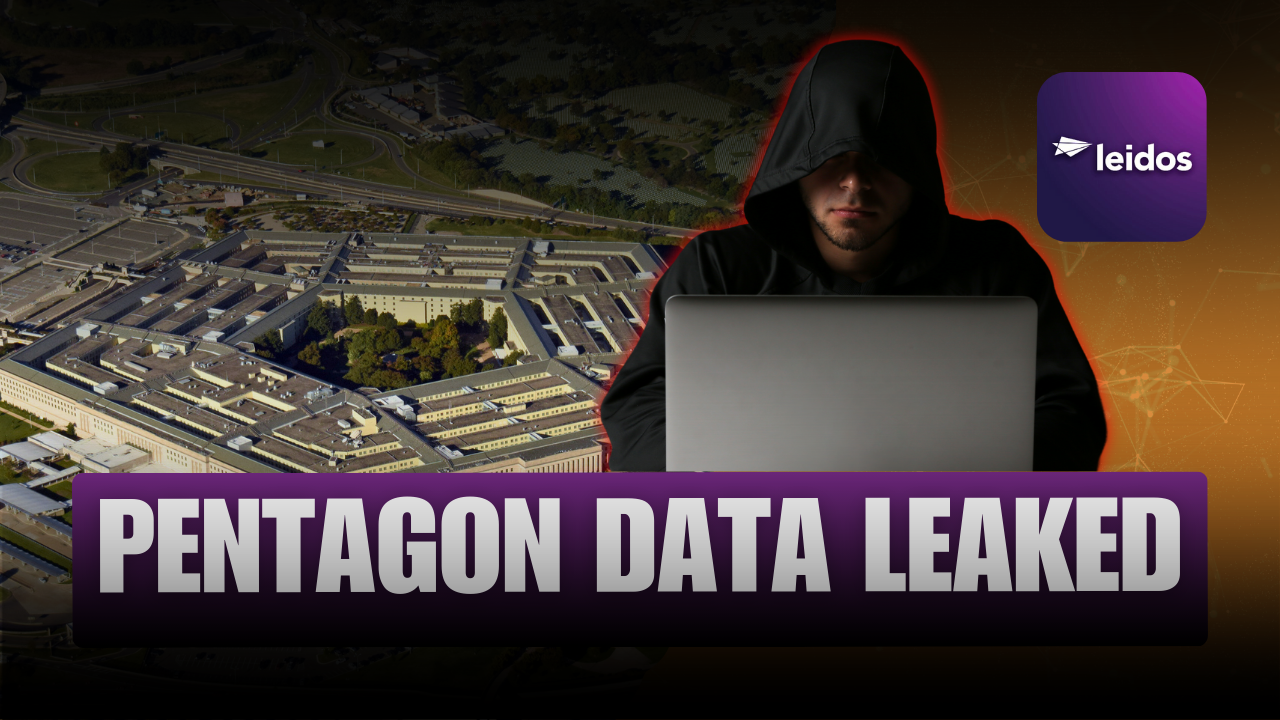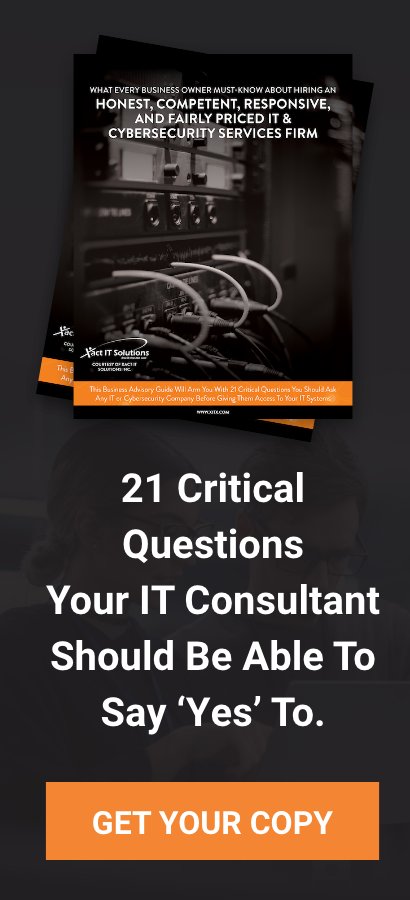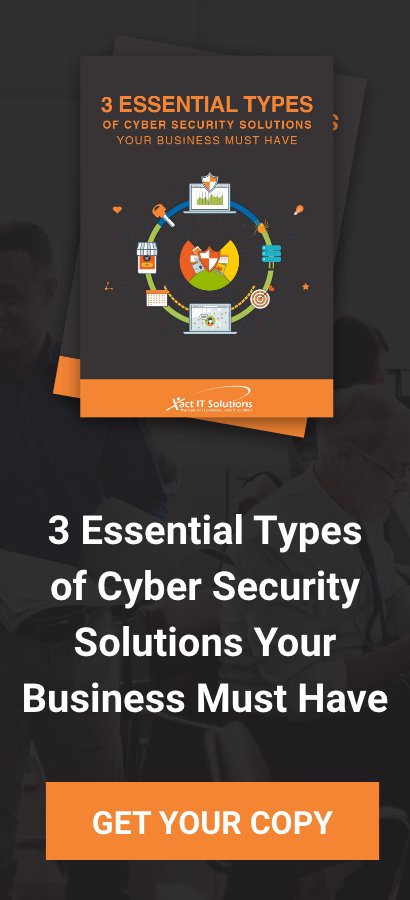Recently, Leidos Holdings, a major IT service provider to the Pentagon and other prominent US government agencies, faced a significant hack. This event has raised alarms and highlighted critical vulnerabilities within our cybersecurity infrastructure.
Leidos, based in Virginia, serves high-profile clients, including the US Department of Defense, the Department of Homeland Security, NASA, and various other US and foreign agencies. The recent breach involved the leak of internal documents, tying back to a previously disclosed security incident with Diligent Corp, a third-party vendor used by Leidos. Despite diligent efforts to contain the incident, hackers managed to leak sensitive documents, raising significant concerns.
The Implications of the Breach
The breach at Leidos underscores the vulnerabilities present in third-party systems and the importance of stringent security protocols for all vendors. The incident has serious implications due to the high-profile nature of Leidos' client base. In 2022 alone, Leidos secured contracts worth almost $4 billion from the US government, making them a significant player in the federal IT contracting space. The breach not only caused operational concerns but also led to a drop in the company's stock, with shares falling more than 4% in after-hours trading.
Beyond financial losses, this breach serves as a stark reminder of the vulnerabilities that exist in third-party systems. It highlights the necessity for companies, especially those handling sensitive information, to prioritize robust cybersecurity measures. This incident is a wake-up call for defense contractors, emphasizing the urgent need for compliance with cybersecurity standards like the Cybersecurity Maturity Model Certification (CMMC).
The Importance of CMMC Compliance
CMMC is designed to enhance the protection of sensitive information within the defense industrial base. Despite some pushback from defense contractors, incidents like the Leidos hack make it clear that CMMC compliance is not optional. It is essential for ensuring that contractors are securing their data appropriately.
Organizations must invest in advanced cybersecurity technologies, conduct regular security assessments, and foster a culture of security awareness among employees. Collaboration with third-party vendors is crucial to ensure compliance with best practices and continuous monitoring of systems for potential threats.
Mitigation and Moving Forward
For defense contractors, mitigating these risks involves a comprehensive approach to cybersecurity. Regular assessments, robust security measures, and a culture of continuous vigilance are essential. By fostering a proactive approach, companies can better safeguard their data and systems against potential breaches.
Conclusion
The Leidos hack is a stark reminder of the critical importance of cybersecurity in today's digital age. As business leaders, we must prioritize building cyber resilience within our organizations. The implications of such breaches extend far beyond the affected company, impacting the broader cybersecurity community and national security.
Staying informed and proactive is essential for safeguarding our organizations and the communities and entities we care about. By committing to robust cybersecurity measures and continuous vigilance, we can better protect against the ever-evolving threats posed by cybercriminals.



